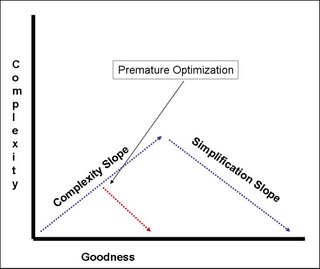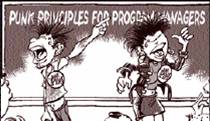
Sheikh Hilaly, Australia's top Muslim cleric, got a lot of attention recently for comparing women who dress immodestly to "uncovered meat." He apparently got a bit of criticism two years ago when he apparently glorified martyrdom and called the 9/11 attacks "the work of God." Sounds like a real nice fella.
Now, I'm all for giving people the benefit of the doubt, and I understand the news media isn't perfect. Maybe it's all just a big misunderstanding and his comments are all out of context.
Maybe. Plus, he supposedly apologized for the comments, and has been suspended from preaching for 3 months. That sounds too short to me, but I'll take it...
I'm a little bit curious why nobody is complaining about his comparison of men to cats, as if we are all driven simply by our appetites. I think that's more than a little insulting, and I think it has something to do with the fact that Islam isn't about redemption & re-creation, but instead is theologically focused on repression. At its core, Islam's perspective on humanity is that we need to be controlled, rather than set free. I think that's pretty awful.
The whole hijab thing seems more rooted in a (negative) belief that men can't control themselves than in a positive appreciation for modesty. I'm all for modesty, and I believe there's something wrong with dressing like the cover of
Cosmo. But the head-to-toe black covering isn't about modesty. It's about externally-imposed control (on both women and men), because self-control is basically impossible (according to Islam). Thus the restrictions on men and women socializing, women driving, etc. It all says people can't be trusted, and that says a lot about Islam.
In a Ramadan sermon last month, Hilaly said sexual assaults might not happen if women wore a hijab and stayed at home.
"If you take out uncovered meat and place it outside on the street, or in the garden or in the park, or in the backyard without a cover, and the cats come and eat it ... whose fault is it, the cats or the uncovered meat? The uncovered meat is the problem," Hilaly said, according to a newspaper translation.





















